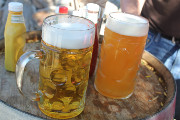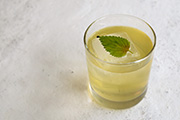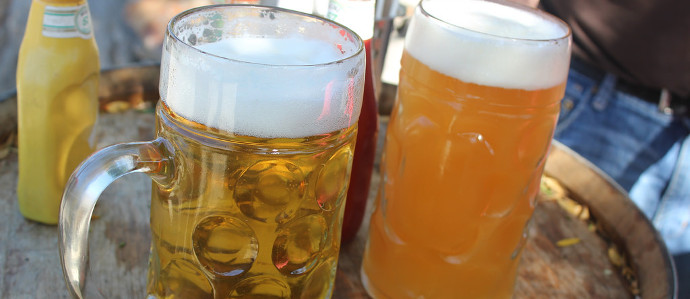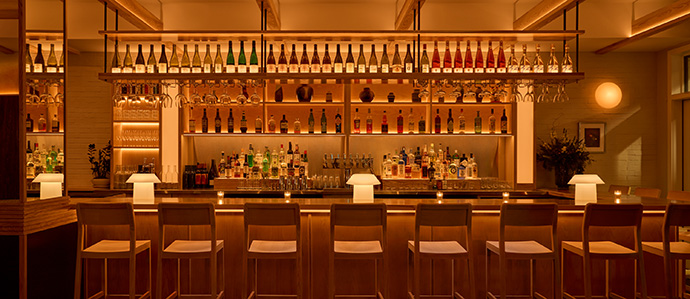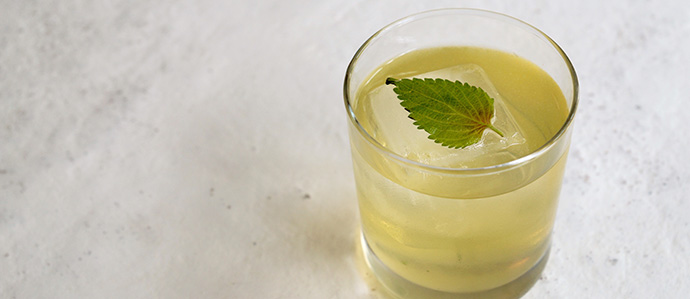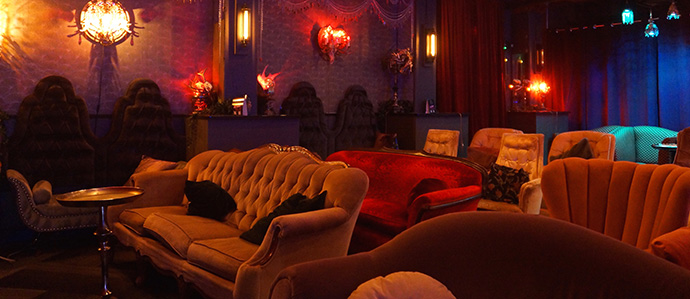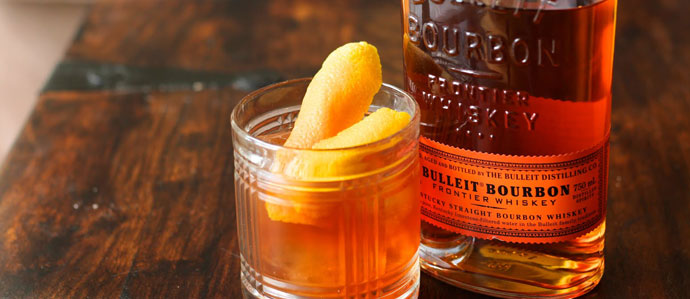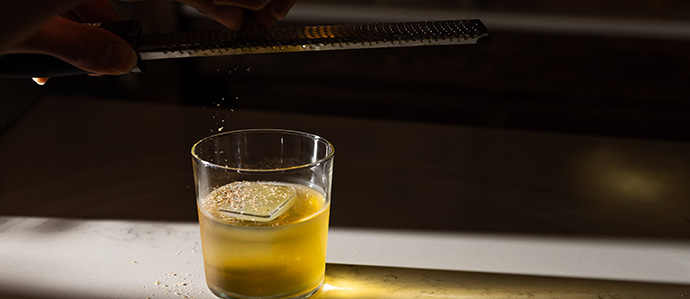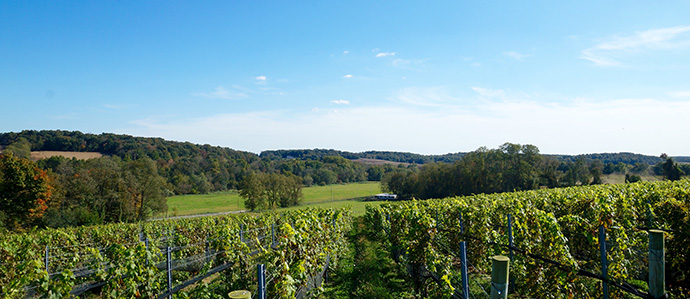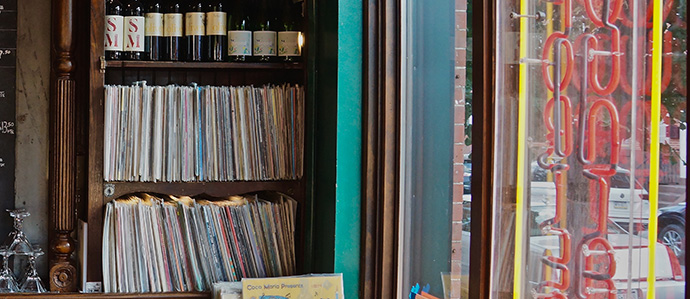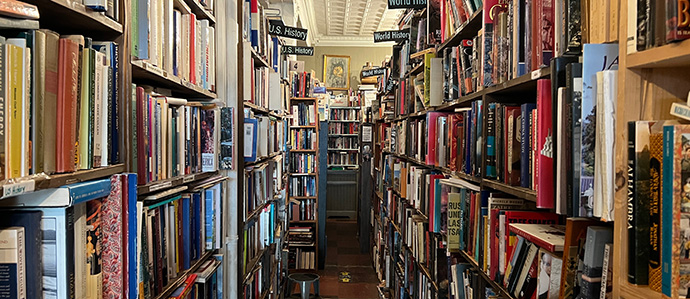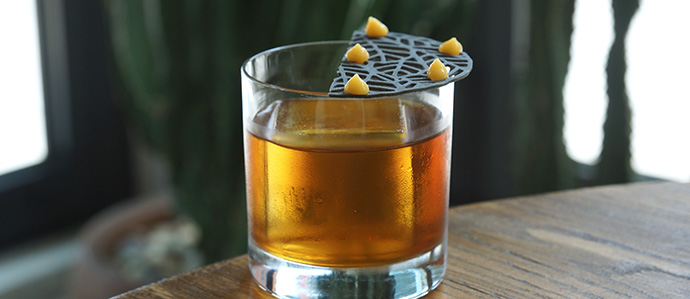Johnstown Flood Tax: Why Are We Still Paying A Flood Tax From 1936 On Our Booze?
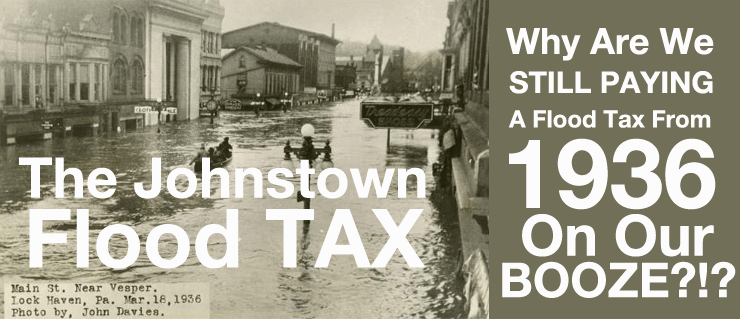
Just when I thought that there couldn’t possibly be any more reasons to hate the Pennsylvania Liquor Control Board, I stumbled upon what is known as the “Johnstown Flood Tax”. Almost 80 years ago with prohibition ending and Mother Nature reeking havoc, conditions were arranged perfectly for totally ridiculous, unnecessary, and blasphemous liquor taxes and alcohol regulation in Pennsylvania.
Johnstown is a town in western Pennsylvania that was ravaged by floods in the 1930s resulting in $41 million in damages (or 2,733,333 cases of PBR, I know, I panicked too). PA legislators were quick to implement a ‘temporary’ 10% tax on wine and liquor sold in Pennsylvania to help pay for the recovery effort. Even though this $41 million was reimbursed within six years, this ‘temporary’ tax stuck around, and was even increased to 15% in the 1963, and again to 18% in 1968 where it stands today.
Most people aren’t even aware that this tax exists as you won’t find it on your receipt, and the Liquor Control board isn’t exactly going out of their way to tell people. So what exactly are you paying for when you purchase a bottle of wine or liquor in Pennsylvania?
Since all wine and liquor is sold and distributed by the state run (and #1 ranked in the country in alcohol purchases by volume) PLCB, you are paying a 30% base markup. You are then paying a handling cost of a little over a dollar, the 18% Johnstown tax, and then the 6% Pennsylvania sales tax. Seem a bit extreme? It is, and by making it a crime punishable by up to 90 days in prison to transport alcohol across state lines, you have no choice but to pay it if you want to enjoy a glass of wine or spirits at home.
Where does this money go, and how much of it is there? Since 1936 this tax has netted approximately $15.4 billion, and almost $300 million annually (or about 20 million cases of Schlitz), none of which is fixing flood damages from 1936, but instead goes into a general PA budget. With the hundreds of millions annually brought in from this tax, it’s unlikely that it will be changed. As unlikely as change is, state representative Bryan Barbin introduced legislation that would redirect funds earned from the liquor tax to it’s original purpose: dealing with economic disaster, and eventually phase it out by 2021.
Being only one on a very short list of reasons to ever go into New Jersey, 90 days in jail just might be worth risking the drive to avoid paying horrendous Pennsylvania liquor taxes.
10.14.10






